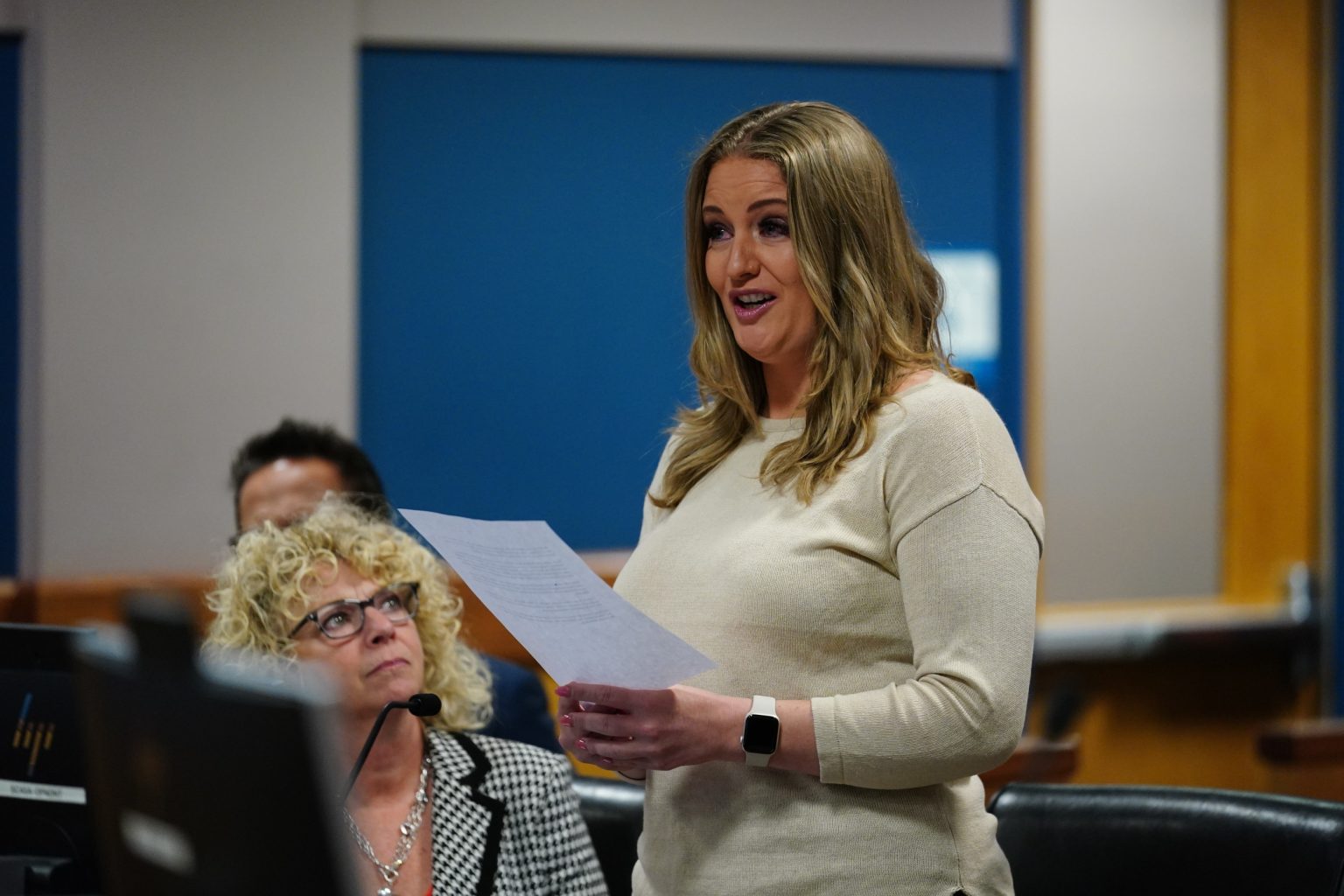Former Donald Trump lawyer Jenna Ellis pleaded not guilty in the Arizona fake electors case, along with 17 other defendants, including Trump adviser Boris Epshteyn and Republican candidate Jim Lamon. These individuals were indicted for allegedly conspiring to overturn President Joe Biden’s 2020 election victory in Arizona. The indictment accuses them of acting as fake electors and working to overturn the state’s election results through conspiracy, fraud, and forgery. Trump was also referred to as an “unindicted co-conspirator” in the indictment but has not been charged.
In another recent case, Ellis accepted a plea deal and pleaded guilty to one felony count in the Georgia 2020 election interference case. As part of her plea deal, she was required to write an apology letter to the people of Georgia. Despite this guilty plea, Ellis pleaded not guilty in the Arizona case, which surprised some observers. The not-guilty plea in Arizona came after Ellis had taken responsibility for her actions and apologized in the Georgia case. There has been speculation and concerns raised about Ellis’s decisions in these cases, particularly given the contrast in her pleas.
There has been ongoing legal maneuvering in the Georgia case involving Trump, with an appeals court recently pausing the case indefinitely pending a ruling on efforts to disqualify Fulton County District Attorney Fani Willis from the investigation. This decision came after an appeals court agreed to consider Trump’s appeal of the disqualification matter related to Willis and another attorney appointed as a special prosecutor. Judge Scott McAfee, who is overseeing the case, allowed Willis to remain on the investigation as long as the special prosecutor stepped down due to a romantic relationship with Willis. This development has added another layer of complexity to the legal proceedings.
The Arizona fake electors case continues to advance, with all 18 defendants, including Ellis, proceeding to the next stage of the criminal case. This could potentially involve plea deals or further legal proceedings. The indictment and charges against the defendants highlight the seriousness of the allegations of election interference and conspiracy to overturn election results. The outcome of this case could have significant implications for the individuals involved and could also impact broader conversations around election integrity and legal accountability in such cases.
The contrasting pleas by Ellis in the Georgia and Arizona cases have sparked discussion and raised questions about her legal strategy and decision-making. The fact that Ellis pleaded guilty in one case and not guilty in another has led to speculation and scrutiny from legal experts and commentators. The legal proceedings and outcomes in both cases will be closely watched and could have implications for similar cases in the future. The developments in these cases involving high-profile individuals like Trump and his associates underscore the complexities and challenges of legal proceedings related to election interference and fraud allegations.
As these cases continue to unfold, the legal teams representing the defendants will navigate the complexities of the legal system and work to secure the best possible outcomes for their clients. The differing approaches taken by Ellis in the Georgia and Arizona cases highlight the nuanced decisions faced by individuals involved in high-profile legal cases. The legal, political, and ethical ramifications of these cases will reverberate beyond the individuals directly involved, shaping public perception and discussions around election integrity, accountability, and the rule of law in the United States.


